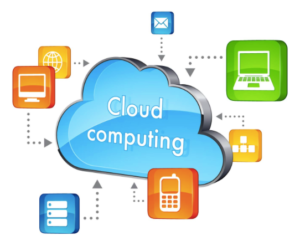Open Source Software: Benefits and Challenges for Developers

Introduction:
- Definition of open source software and its significance
- Brief history of the open source movement
Benefits of Open Source Software:
- Collaboration and community-driven development
- Rapid innovation and problem-solving
- Accessibility and affordability
- Customizability and flexibility
Challenges Faced by Developers:
- Maintaining project sustainability and funding
- Managing diverse contributor motivations and skill levels
- Balancing transparency with security concerns
- Navigating potential conflicts and disagreements
Contributor Dynamics:
- Understanding the roles of maintainers, contributors, and users
- Building a welcoming and inclusive community
- Recognizing and rewarding contributors’ efforts
Successful Open Source Projects:
- Case studies of prominent open-source projects (Linux, Mozilla Firefox)
- Factors contributing to their success and widespread adoption
Open Source Licensing:
- Overview of different open source licenses (MIT, GPL, Apache)
- Implications for usage, distribution, and derivative works
The Future of Open Source:
- Integration with emerging technologies (AI, blockchain)
- The role of open source in education and skill development
- Potential challenges and opportunities in the changing software landscape
Conclusion:
- Open source as a driving force behind technological progress and collaboration
- The symbiotic relationship between developers, users, and open source projects






